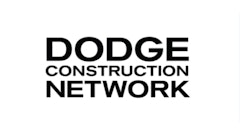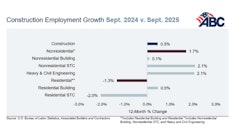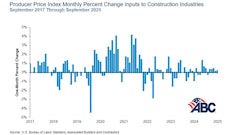
Construction firms still relying on spreadsheets and PDFs risk becoming the bottleneck in meeting explosive AI-driven infrastructure demand, according to new industry research.
As tech giants prepare to spend over $300 billion this year on data centers and computing power, a new report from Revizto warns that outdated project management tools could derail the global data center construction boom. The research found that 27% of architecture, engineering and construction professionals worldwide still depend on email, spreadsheets and PDFs as their primary digital tools.
The disconnect comes at a critical time. The global data center market is projected to reach $4 trillion by 2030, with annual capital expenditure expected to surpass $1 trillion by 2029. Major tech companies including Microsoft, Alphabet, Amazon and Meta are racing to build infrastructure for artificial intelligence applications, while governments commit billions to sovereign computing capacity.
"The construction industry can't keep pace with demand using static tools like Excel and PDFs," said Arman Gukasyan, founder and CEO of Revizto. "If we're serious about meeting the demands of modern data center builds, we need a fundamental shift in how we deliver the physical infrastructure that supports them."
The challenge is particularly serious given the complexity of modern data center projects. Construction teams must coordinate massive datasets, meet strict regulatory requirements and work within compressed timelines — with some projects moving from concept to full design in just 10 weeks.
Revizto's 2025 Digital Design & Construction Report surveyed over 2,000 industry leaders globally. Non-integrated tool usage was highest in France at 30%, followed by the United States at 29%, Saudi Arabia at 28% and the United Kingdom and Germany at 27%.
The findings suggest that despite widespread interest in AI adoption within the construction sector, the industry's own technological limitations could constrain the broader digital economy. Without rapid modernization of project management and collaboration tools, construction firms risk becoming unable to deliver the scale and speed of infrastructure development that the AI era demands.



















